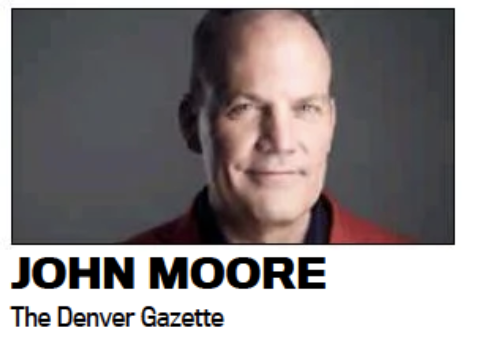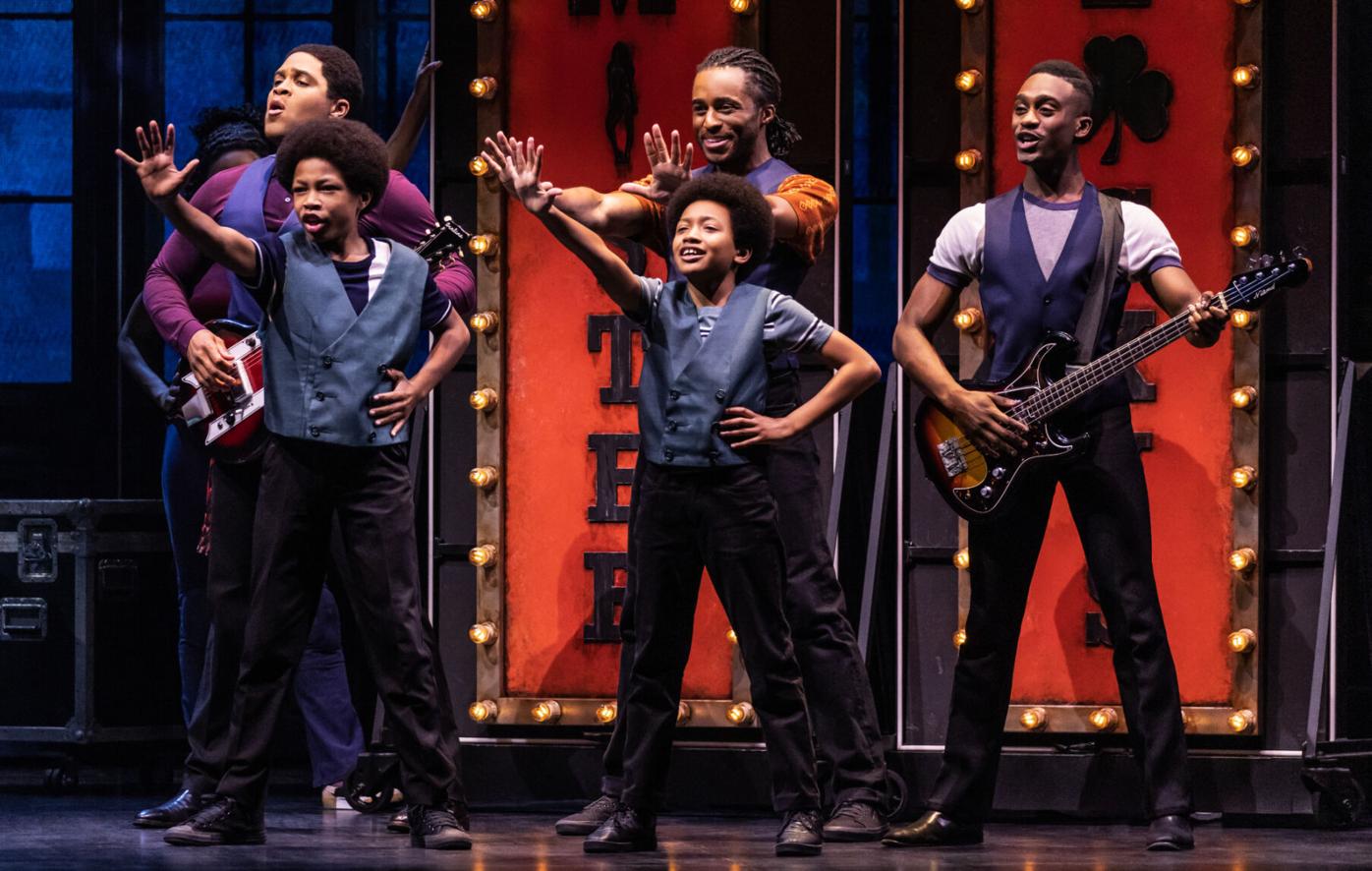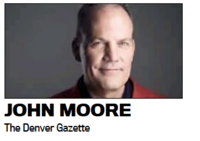Quincy Jones on Michael Jackson and the death of disco


Wait, so, if Michael Jackson were still alive, he’d be 65 years old? Beat it!
With Wednesday’s Denver opening performance of “MJ,” a touring Broadway musical about the life and times of perhaps the most peculiar and impactful recording artist of the 20th century, I thought I’d revisit one of the most “thrilling” interviews of my journalism career: Producer Quincy Jones, who is now 91 and for a time regularly came to Denver to support an annual fundraiser for the Global Down Syndrome Foundation.
When Jackson’s “Thriller” was released on Nov. 30, 1982, Jones’ goal was not to produce the highest-selling album in history, he told me.
“Our underlying plan was to take disco out. That was the bottom line,” Jones said.
Mission accomplished.
“I admired disco, don’t get me wrong. I just thought that it had gone far enough,” he said. “We needed to go someplace else.”
Jackson was the first artist in music history to have top-10 singles in five different decades on the Billboard Hot 100. But “Thriller” went places pop music had never gone before – notably the 14-minute music video that all but obliterated MTV‘s color line. Also the moonwalk dance craze. The Van Halen-infused “Beat It” guitar riff. The zombie line-dance that supplanted the hokey-pokey at cheesy wedding receptions for decades to come.
“Thriller” was the first true multimedia album. From then on, every song would be conceived with its video in mind. And even though videos have long since made way for slime-ball reality TV on MTV stations, the cultural impact of “Thriller” is still being felt worldwide.
“Everywhere we go,” said Jones, “I don’t care if it’s Soweto or Cairo or Monte Carlo or Abu Dhabi or Shanghai, if we’re at a (club) at midnight, they still play that song.”
You might not remember that the utterly ordinary first single from that album was the Paul McCartney duet, “The Girl Is Mine.” Or that, two months after its release, “Thriller” still hadn’t reached No. 1.
That’s because it was the second single, “Billie Jean,” that made Jackson the King of Pop and catapulted “Thriller” on its way to 120 million records sold – a figure unlikely ever to be touched in an industry that no longer subsists on album sales. Although “Thriller” has sold 16 million albums just since I spoke to Jones in his Denver hotel room.

Jaylen Lyndon Hunter as Little Marlon, Ethan Joseph as Little Michael and the ensemble of the first 'MJ' national tour, currently visiting Denver through April 28, 2024.
Photo by Matthew Murphy, MurphyMade

Jaylen Lyndon Hunter as Little Marlon, Ethan Joseph as Little Michael and the ensemble of the first ‘MJ’ national tour, currently visiting Denver through April 28, 2024.
At the time of our conversation, Jackson had only been gone three years – too soon, Jones said, to have come to any kind of meaningful resolution on his death.
“It’s just tragic that somebody had to leave us at 50 years old,” said Jones, who was in Luxembourg when Jackson died. “I was there at the invitation of the duke and duchess. There was a band that gave us a wonderful reception at the airport, and on the way into town, the duke told me, ‘Oh, by the way, Farrah Fawcett and Ed McMahon and Michael Jackson just died.’ It just knocked me off my socks.”
Jackson had it all, Jones said: “Talent, grace, professionalism and dedication. He was the consummate entertainer, and his contributions and legacy will be felt forever.”
That legacy includes “MJ,” a musical with great songs, iconic dances and a book by two-time Pulitzer-winner Lynn Nottage, but it has also divided critics. Most acknowledge it as a real treat for Jackson’s truest fans but take it to task for washing away the sins of a man who quite likely committed some pretty heinous crimes. As one might expect from a jukebox musical sanctioned by Jackson’s estate, this production is far more focused on the artistry than the (actual) man in the mirror. Or, put another way: It is more than willing to explore the damage done to Jackson as a child – but not the damage he might have done to other children.
“Michael Jackson is today a credibly accused child molester,” critic Jesse Oxfeld wrote for the New York Stage Review, “and ‘MJ’ succeeds only if you can ignore that fact.”
It also can’t be ignored that Jackson changed the way all pop songs would be crafted – and consumed – for the next decade.
I remember chatting with former Denver actor Murphy Funkhouser Capps for that “Thriller” anniversary story. She lived overseas until she was 7, when her military father was assigned stateside.
“We came home in 1982, and the first thing I saw on TV was a Michael Jackson video,” she said. “My first thought was, ‘Whoa … this is America? Awesome.’”

Jamaal Fields-Green as Michael Jackson, with the ensemble of the first 'MJ' national tour, currently visiting Denver through April 28, 2024.
Photo by Matthew Murphy, MurphyMade.

Jamaal Fields-Green as Michael Jackson, with the ensemble of the first ‘MJ’ national tour, currently visiting Denver through April 28, 2024.
John Moore is The Denver Gazette’s senior arts journalist. Email him at john.moore@gazette.com







